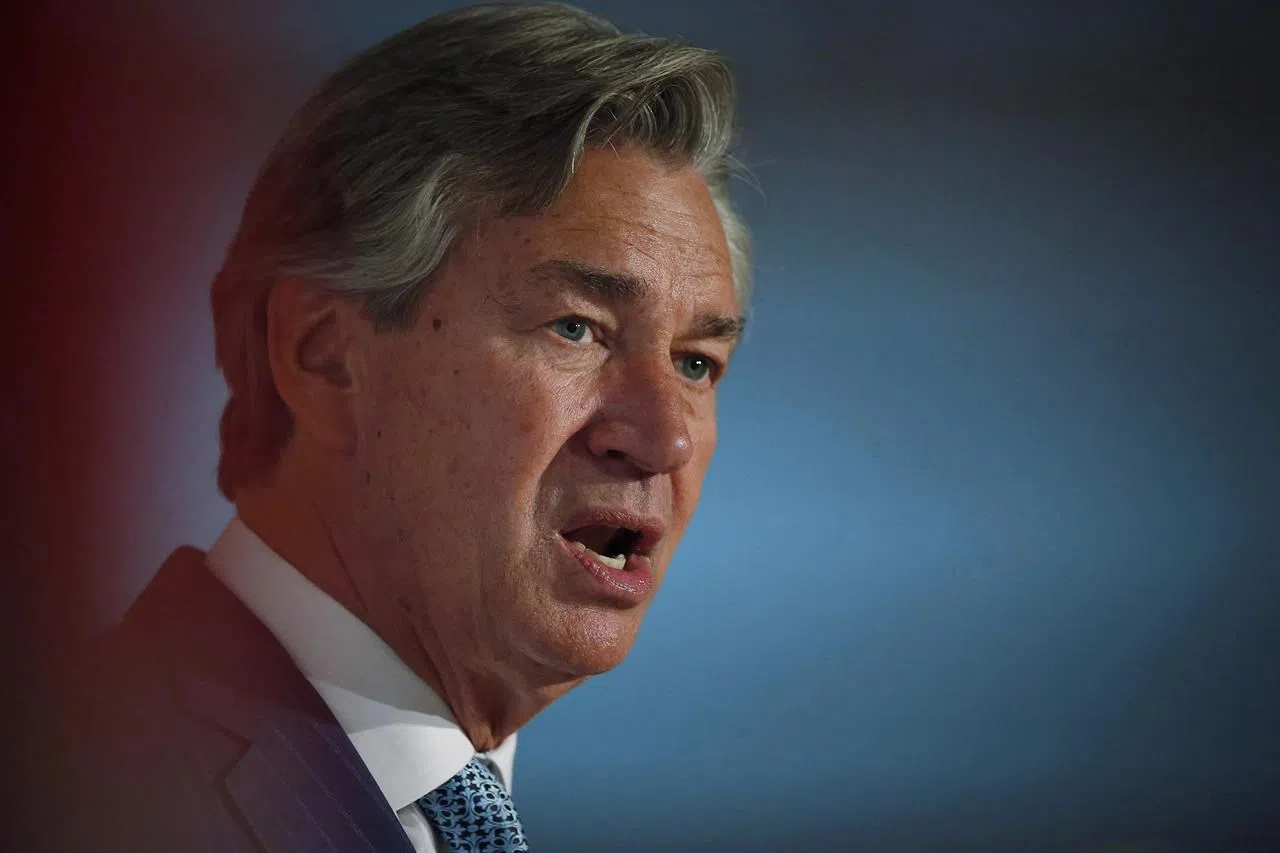
Former Manitoba premier to swing axe for Alberta’s softwood lumber industry
OTTAWA — A former Manitoba premier and one-time Canadian ambassador to the United States has been tabbed to play hardball for Alberta’s softwood lumber industry in Washington.
Gary Doer is the fourth heavy hitter hired by a provincial government to lobby on their behalf on the softwood file but he says the goal isn’t negotiating individual deals for provinces, but for a team Canada approach to get a negotiated agreement for all.
“We’re going to try to be as effective as we can and use our own unique contacts with the United States but at the same time at a the end of the day it’s going to be an agreement between Canada and the United States,” he told The Canadian Press in a phone interview.
“All of us can put leverage on to get that agreement, particularly with customers.”


